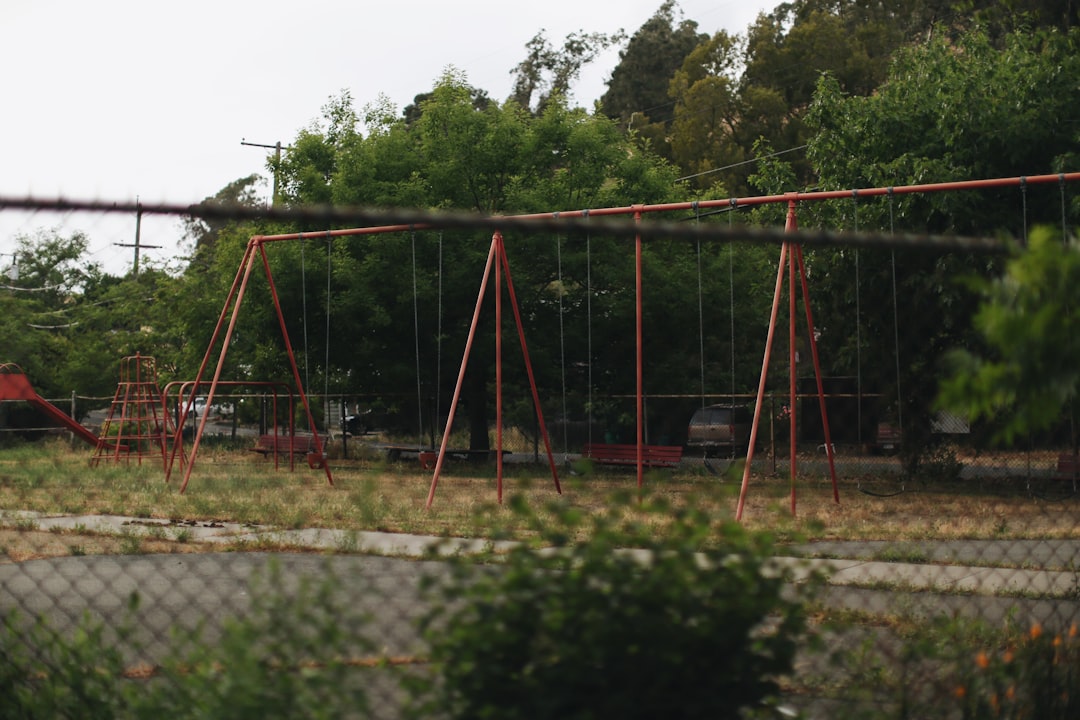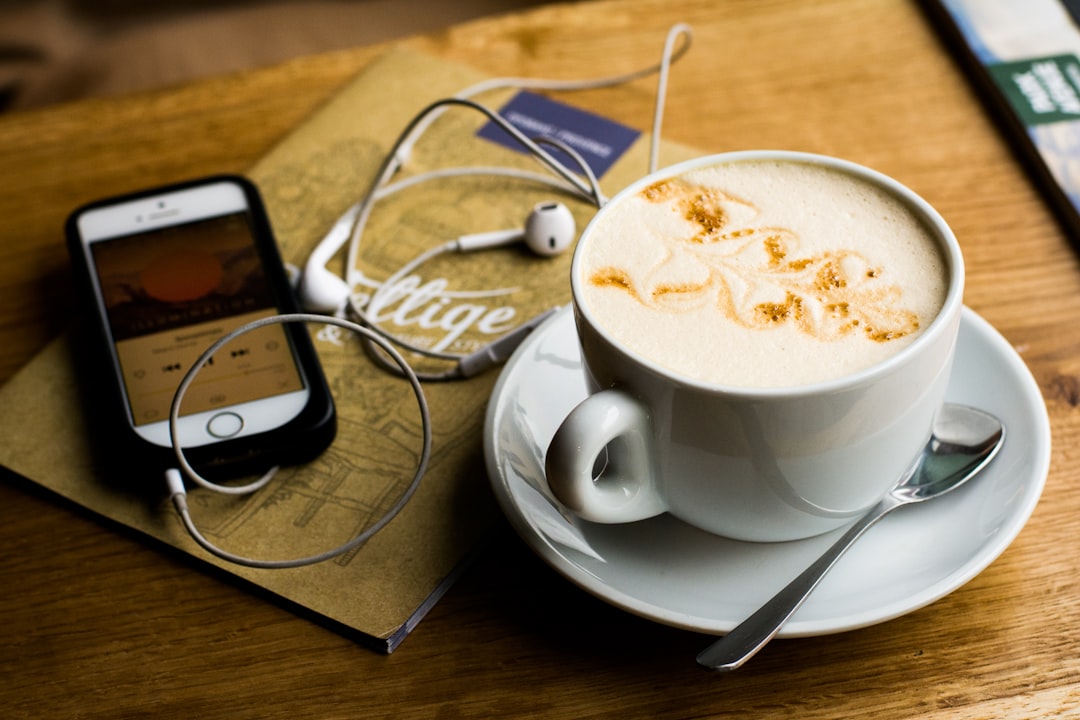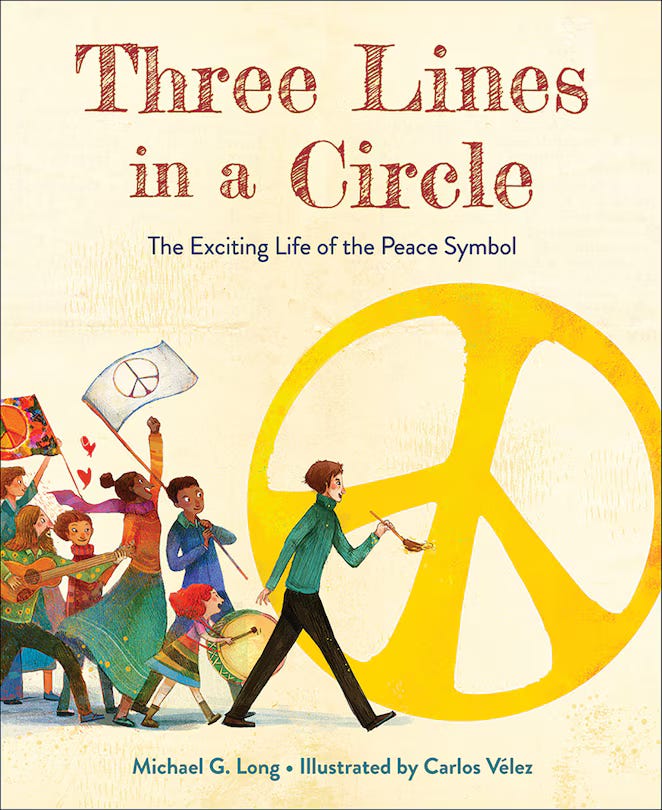Are school grounds turning into battlegrounds?
The struggle in classrooms over the Israel-Hamas war

A brow-raising story in the news got me thinking a lot about the awful conflict in Gaza and how teachers here in Canada must be dealing with the gut-wrenching emotions, confusion, and fear felt by their students.
A tense meeting of the Peel District School Board back in November was shut down after the board chairperson, for whatever reason, refused to hear speakers from a group of pro-Palestinian parents. Undeterred, a group pushed past security and into the room, jostling frightened trustees.
“We’re in the business to educate kids,” said the shaken chairperson. “We’re not into politics.”
“We’re not into politics”
Trying to avoid the controversy probably made the situation worse – not better. Schools can’t avoid the issues being grappled with by the broader society in which they exist.
As a former school teacher and keenly interested in peace education, I wondered how teachers were coping with the conflict in their classrooms.
A friend who teaches eighth graders told me, “I think most of us are just letting students know that we are here for them if they need to talk.”
“There’s been a lack of information”
But talking to others, I heard frustration. “There’s been a lack of information, and nothing has come out [from the Ministry] pedagogically and policy-speaking,” said Dr. Vidya Shah, one of my former professors at York University.
Peace education and the war in Gaza
How might our schools respond to students’ concerns or even curiosity about what is happening in the Middle East?
That was the question I set out to answer for a new article for the journal Our Schools / Our Selves, published by the Canadian Centre for Policy Alternatives.
The article delves into the profound impact of the conflict between Hamas and Israel on Canadian schools, particularly concerning students with familial ties to the Middle East, and how the conflict has seeped into daily life in Canadian educational institutions.
The Toronto District School Board (TDSB) has reported a spike in racism-related incidents since Hamas’ surprise attacks inside Israel on October 7, prompting the Elementary Teachers’ Federation of Ontario to call for more significant support and safety measures for affected students and staff.
The TDSB’s decision to reverse its policy of informing parents about hate incidents at schools was intended to mitigate the impact of such incidents. Still, the move left some parents feeling disheartened and out of the loop, as they only learned about incidents like swastikas being spray-painted on school property from their children rather than through official channels.
A principal in Ottawa asked a student to remove a Palestinian flag from their profile picture during an online class, sparking backlash from students and parents alike. The incident underscored the need for more precise guidelines and support for educators grappling with how to address sensitive topics like the Israel-Palestine conflict in classroom settings.
My research also revealed that despite efforts to navigate these challenges, educators find themselves caught between conflicting expectations and personal convictions.
Some face repercussions for expressing pro-Palestinian views, highlighting tensions between freedom of expression and official mandates within the education system.
Ontario’s Education Minister has emphasized the need for neutrality in classrooms, but critics argue that this approach stifles meaningful dialogue and engagement with complex issues.
Influential peace education scholar, the late Betty Reardon, did not limit the goal of peace education to “understanding each other” or “nonviolent person behaviour,” but was very clear that the social purpose of peace education is to eliminate social injustice, renounce violence, and abolish war, which connect the political and interpersonal dimension.
If you enjoyed reading this article, please Like, Share or Comment
Your opinion, please:
Should we launch a new podcast?
I am always looking for new ways to promote the essential peace education work of PeaceQuest - we draw an average of 3,000 views every week!
And I would love to hear your opinion on whether we should reach even more people through a new PeaceQuest podcast.
A podcast can be a video like a T.V. show or just audio like a radio program, and it is available to everyone over the Internet at the click of a button. Podcasts can include interesting discussions with guests such as journalists, authors, experts, politicians, and even celebrities.
Please take a moment to give me your feedback:
Please choose the top three topics most interesting to you:
Tell me more!
Special offer update
I am so amazed that 73 people have become paid subscribers to PeaceQuest since we re-launched on Substack after New Year’s Day. Thank you so much!
I have mailed dozens of free books to people. For March, you can claim one of 25 free books for new paid subscribers or current paid subscribers who would like to make a special donation.
Three Lines in a Circle: The Exciting Life of the Peace Symbol. By Michael G Long and Illustrated by Carlos Vélez. (Picture book, 2021. $24)
Did you miss last week’s newsletter?
Thank you for everything you do for peace.
Steve







